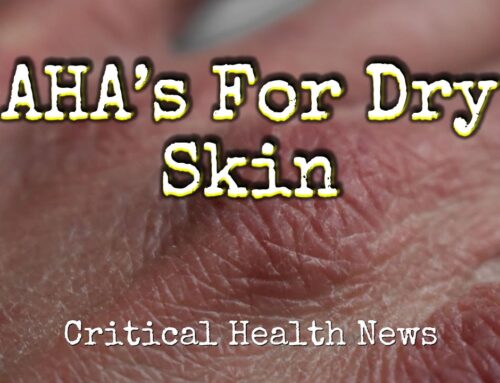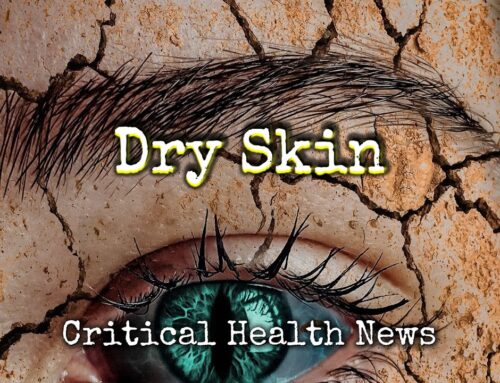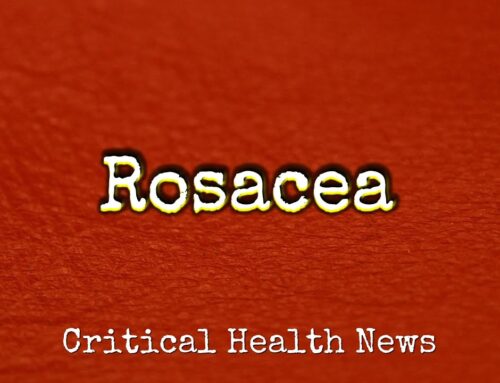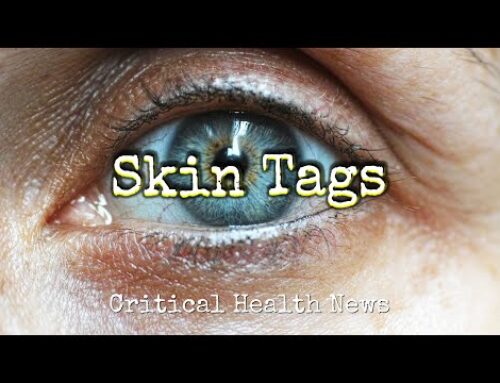Though it is not life threatening, for millions of Americans living with Eczema, the skin health challenge can be an uncomfortable, embarrassing and even overwhelming experience. While the most common treatments for eczema involve the use of topical steroidal creams, at best, these kinds of remedies can only offer symptomatic relief. Even worse, withdrawing from long term use of topical steroids can cause rebound skin rashes that can be significant and impossible to treat.
Technically, eczema is known as atopic dermatitis or AD and in this official diagnosis lies the secret to understanding and addressing the dermatological condition. Dermatitis is skin inflammation and atopic is defined as “not topical”. In other words, eczema is an inflammatory issue rooted in an internal cause. Inflammation means immunity, immunity means defense and defense means an offending agent, often related to foods, with eggs, peanuts and gluten at the top of the list of common triggers.
To illuminate eczema completely and permanently, it is best to avoid problem foods. Using a good probiotic is advisable and enjoying fermented veggies is also a good idea. Daily intake of Essential Fatty Acid Supplements is a must, especially omega 3’s from flax, chia and hemp seeds. Using fish oil to treat AD has a long successful history. Vitamins A and D are important, likewise vitamin C, and the minerals Zinc and Selenium also have anti-aging benefits.
While eczema can’t be cured topically, many patients find temporary relief by applying zinc oxide ointment and/or vitamin A and D cream to eczematic patches.










